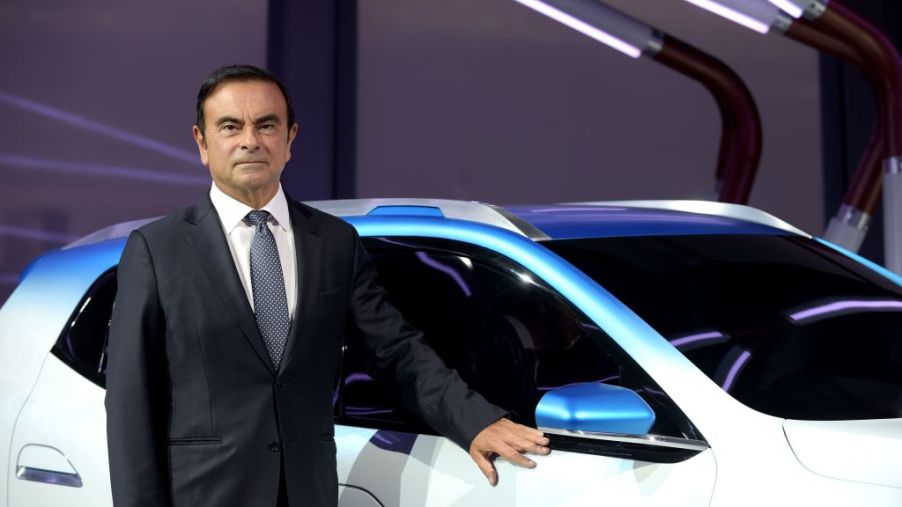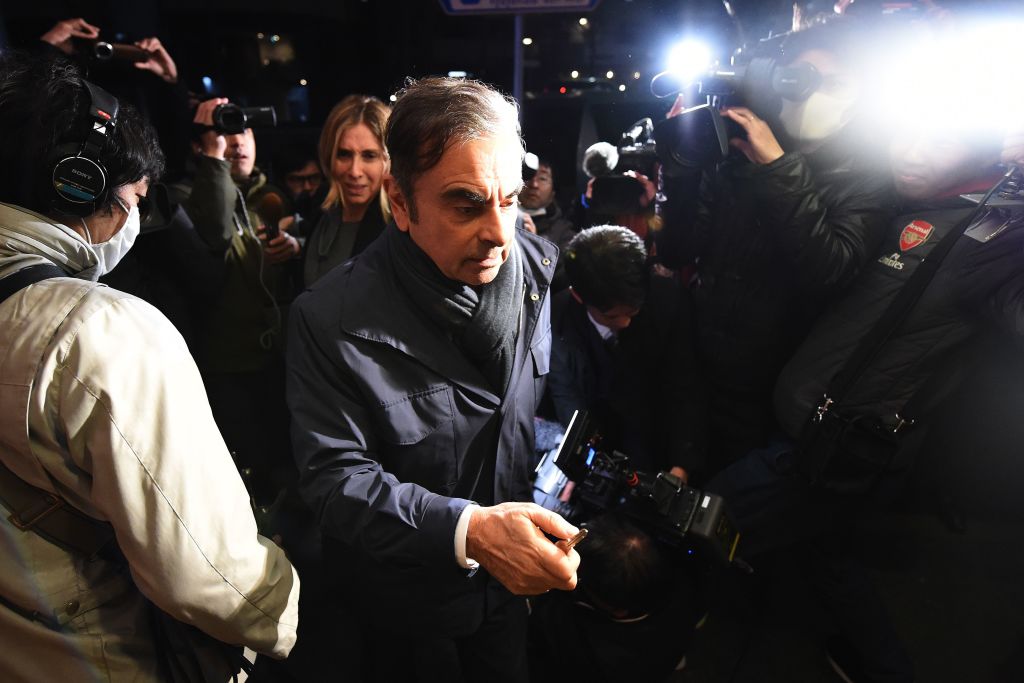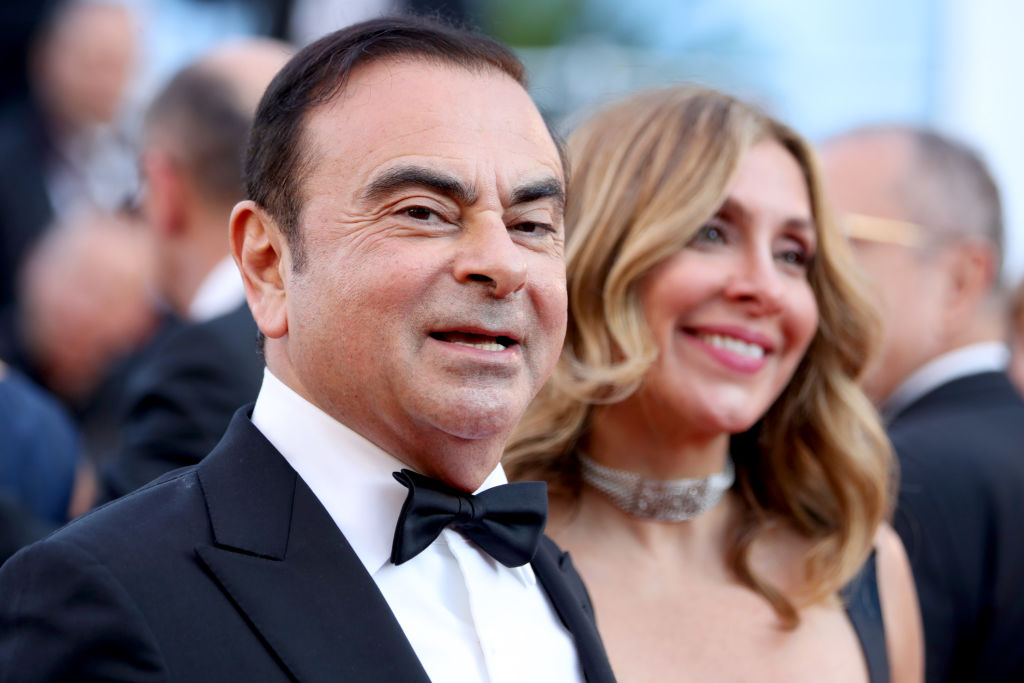
3 Men Issued Japan Arrest Warrants For Helping Nissan CEO Ghosn Escape Custody
Troubles for former Nissan CEO, prison escapee, and future made-for-TV movie subject Carlos Ghosn mount. The Japanese government won’t let up on him after he snuck out of the country without a visa under house arrest in Tokyo. They’re mad as hornets, embarrassed, and lashing out at anyone connected with the former head of Peugeot-Renault. Now they’ve issued additional arrest warrants for Ghosn. But there’s more. They have also issued warrants for three “collaborators” they say helped in Ghosn’s escape. Two of them are Americans.
The Tokyo prosecutor’s office says that three former nationals; Michael Taylor, George-Antoine Zayek, and Peter Maxwell Taylor, all took part in Ghosn’s escape. It goes on to say they helped Ghosn move from Tokyo to Osaka to board a plane to freedom. Supposedly they hid him in “luggage” to get through security at Kansai International Airport without ground staff’s knowledge.
The private jet landed in Osaka, then Ghosn boarded another plane that landed in Turkey. From there he took another flight to Beirut, Lebanon, where he has residency. Lebanon does not have an extradition agreement with Japan.
The arrest warrants were issued for violating Japanese law including “hiding criminals.”

Those arrest warrants were issued for violating Japanese immigration law and for “hiding criminals” which is also illegal. According to Bloomberg one of the Taylors is a former Green Beret and private security expert. Taylor has refused to discuss anything about the escape but has said Ghosn’s case resonated with him because of past experiences with the US judicial system. Zayek is also a private security expert of Lebanese descent.
Ghosn has repeatedly said he didn’t escape Japan to hide. He did it because “I’m looking for justice and I want to clear my name.” He feels escaping left him with nothing to lose. CNN tried to get information about the story Ghosn hid in a musical equipment box but couldn’t get an answer. He finally said, “Freedom, no matter the way it happens, is always sweet.”
Ghosn was in trouble all along, but now what happens to the three that helped him escape?

Now the question is whether the anger Japan has over the incident will lead them to prosecute these other three men. Ghosn says he feels bad for the others who helped him and now could face charges. But he says they all knew what risks were involved. “We knew from the beginning what are the risks, you know, that were involved in an operation like this,” he said. “We all knew that. I knew what were my risks. I knew what were the risks of all the people who supported the operation.”
Ghosn was charged by Japanese prosecutors in 2018 for financial misconduct and abusing his chairman’s position for Nissan. He was released on bail in April with strict restrictions and under close watch. That is part of the puzzle of his escape; he was under watch by numerous Japanese officials at any one time. How could he have slipped by them, boarded a plane in Osaka without a passport, and escape to Lebanon?
This story continues to add layers to its already unusual dramatic circumstances. We’ll continue to report on the next phase as it happens.



